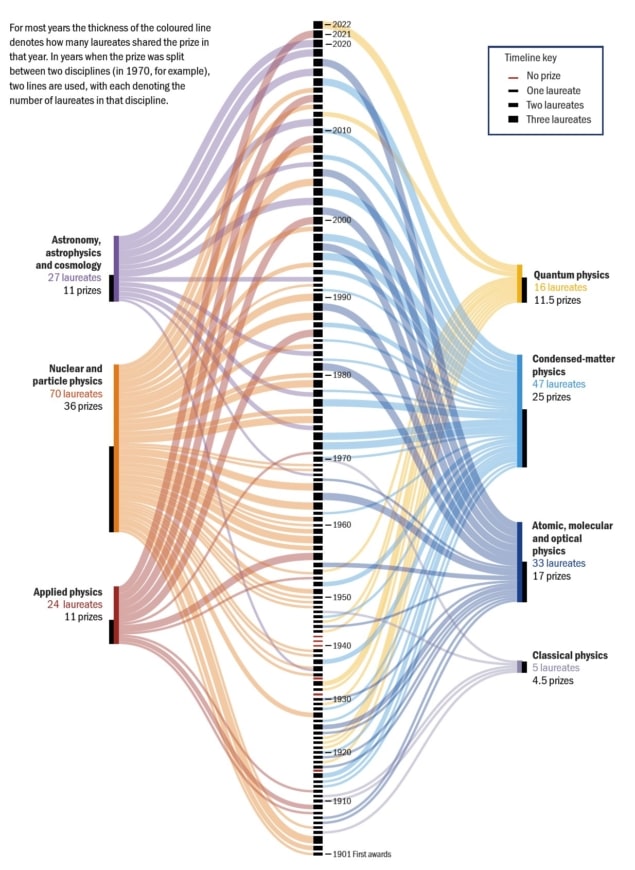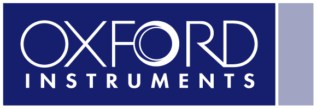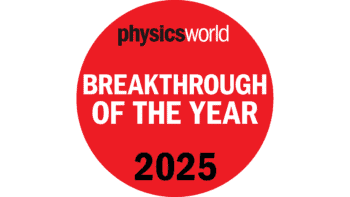
It’s a mug’s game, we know, but we just can’t help ourselves here at Physics World when it comes to predicting who will win the next Nobel Prize for Physics. The suspense will be over next week, but until then let’s have a bit of fun and speculate about the winner.
To my best recollection, we have only made one correct prediction in the past. That was in 2013 when Peter Higgs and François Englert bagged the prize for their prediction of the Higgs mechanism – work that they did way back in 1964. It would have been a genuine shock if the pair had not won the prize that year because it was in 2012 that physicists at CERN announced that the Higgs boson had been observed at long last.
Over the past few decades we have made many predictions that didn’t come true in the years they were made. But that means that we have built up a shortlist of candidates, some of whom have gone on to win prizes in later years. The 2022 prize is a great example of this. All three winners – Alain Aspect, John Clauser and Anton Zeilinger – were on our predictions list back in 2013. Also mentioned in our 2013 list (and our 2009 prediction) were Michael Mayor and Dider Queloz, who shared the 2019 prize with Jim Peebles.
So it seems that if you keep making predictions, they will eventually come true! And that takes us to our predictions for this year.
Predictive infographic
Recently, we have replaced our crystal ball with an infographic that charts physics Nobel prizes in terms of discipline (see figure). We believe that the Nobel committee tries to spread prizes out so it doesn’t look like one field is dominating the prize. But because the committee’s deliberations are kept top secret for 50 years, we have no idea if that is being done at the moment.
One thing that jumps out from the infographic is that in three out of the past six years, prizes have gone to physicists working in astronomy, astrophysics and cosmology. So our first impression is that the 2023 winner(s) will not be working in these fields. That rules out a prize associated with the James Webb Space Telescope – but stayed tuned in the future.
Last year’s award was in quantum physics, so it might seem foolish to predict another prize in that field. However, quantum computing has grown in leaps and bounds over the past few decades, so we are predicting a prize for developing the theoretical foundations of quantum computing. Potential laureates include Ignacio Cirac, David Deutsch, Peter Shor and Peter Zoller.
Another quantum prize that is a long time coming would go to Yakir Aharonov and Michael Berry for the discoveries that bear their names. These are the Aharonov–Bohm effect and the Berry phase – two quirky and profound consequences of the mathematics of quantum theory.
The infographic shows that there hasn’t been a prize in condensed matter since 2016, and 2018 was the last time we had a prize in atomic, molecular and optical physics. These are both huge fields, so look very promising for 2023 prizes. Some of our favourites working in these areas are Federico Capasso for his significant contributions to photonics; Lena Hau for her work on slow light; and Pablo Jarillo-Herrero for his work on twisted graphene.
One place to look for potential winners of the Nobel prize, is the list of winners of the Wolf Prize in Physics. The most recent winners were Paul Corkum, Ferenc Krausz and Anne L’Huillier “for pioneering contributions to ultrafast laser science and attosecond physics”. That fits in nicely with our expectation of an optics prize, so let’s add those three to this year’s list of predictions.
This years physics prize will be announced at 10:45 BST (or later) on Tuesday 3 October. As soon as the announcement is made, you can read all about it on the Physics World website.
Physics World‘s Nobel prize coverage is supported by Oxford Instruments Nanoscience, a leading supplier of research tools for the development of quantum technologies, advanced materials and nanoscale devices. Visit nanoscience.oxinst.com to find out more.




